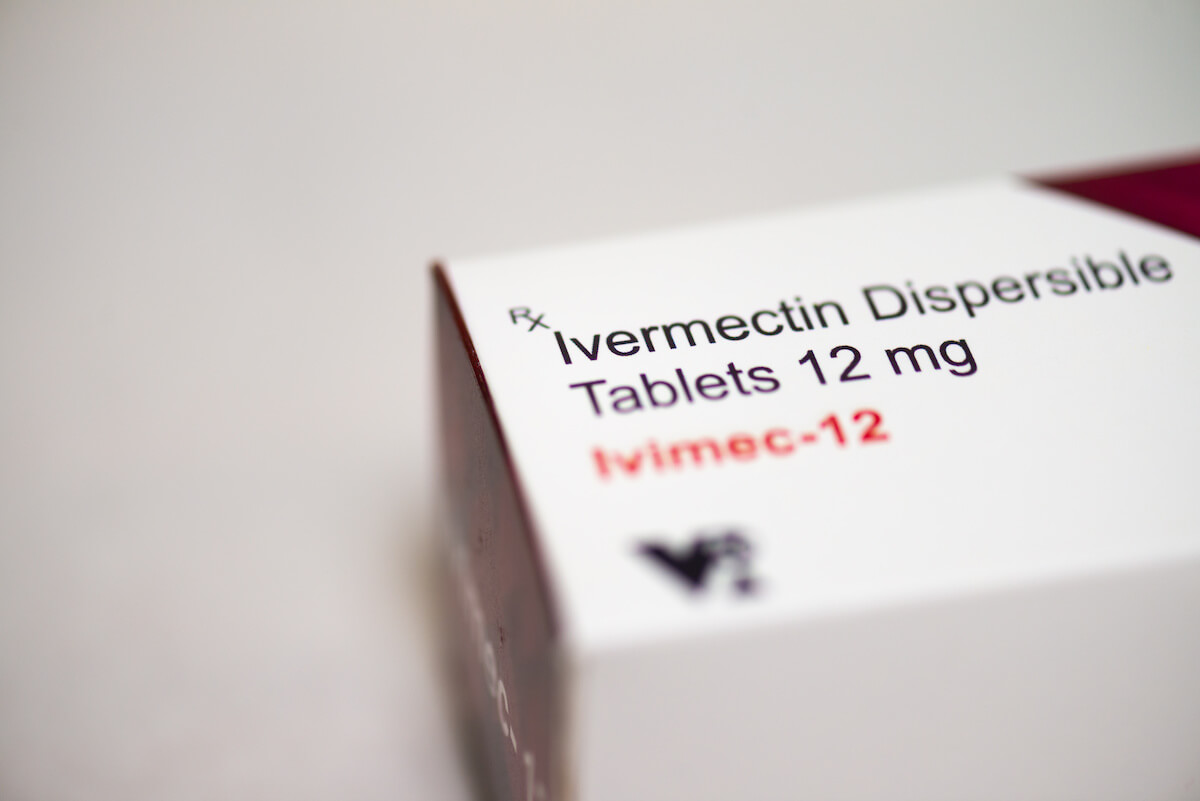December 13, 2021
What About Ivermectin?
One of the many questions caregivers receive is about the use of Ivermectin to treat COVID-19 illness. It’s become a controversial topic, so Dr. Tom Schrup, Chief Physician Officer, sat down with two CentraCare physicians who have been treating COVID patients since the beginning. Listen as Drs. Jessie Roske, MD, Hospitalist, and Jack Lyons, MD, ICU physician, share facts and their perspectives about Ivermectin.

Excerpt
“I give people a lot of credit for their effort to try and understand and advocate for themselves,” said Roske. “People feel the need to have closer access to things they have control over, at a time when there’s so little we do have control over. But the information that’s making its way out into conversation about using Ivermectin to treat COVID has been widely discredited.”
Roske notes there are three well-designed, high-quality, randomized control trials underway that focus on using Ivermectin to treat COVID illness, including one at the University of Minnesota. She hopes this will help shed even more light on the impact of using this medication.
Oftentimes people will ask me, “What’s the harm?” And it’s important to point out that there is real potential harm in trying it…and there’s no data yet to suggest it will help.
Jack Lyons, MD
Dr. Jack Lyons adds that he receives questions not only from patients and family members, but from staff as well. “Oftentimes people will ask me, ‘What’s the harm?’ And it’s important to point out that there is real potential harm in trying it. As caregivers, we need better data because it might hurt you and there’s no data yet to suggest it will help. We’re always open and looking for answers, but it has to be grounded in some science.”
After nearly two years of treating patients with COVID-19 and experiencing the trauma of so much loss, both Drs. Roske and Lyons would love nothing more than to have a miracle treatment available, but right now that doesn’t exist.
I also want families to know that I’ll do everything I can to get their loved one better.
Jack Lyons, MD
Both also note that conversations about Ivermectin with families can often be tense. “I’ve had families walk out on me or hang up on me,” said Lyons. “I understand that you have to ask those questions on behalf of your loved on – I get that. I also want families to know that I’ll do everything I can to get their loved one better. I tell them I hope we can work together to earn a relationship of trust, and I hope they’ll trust me that Ivermectin isn’t the answer.”


